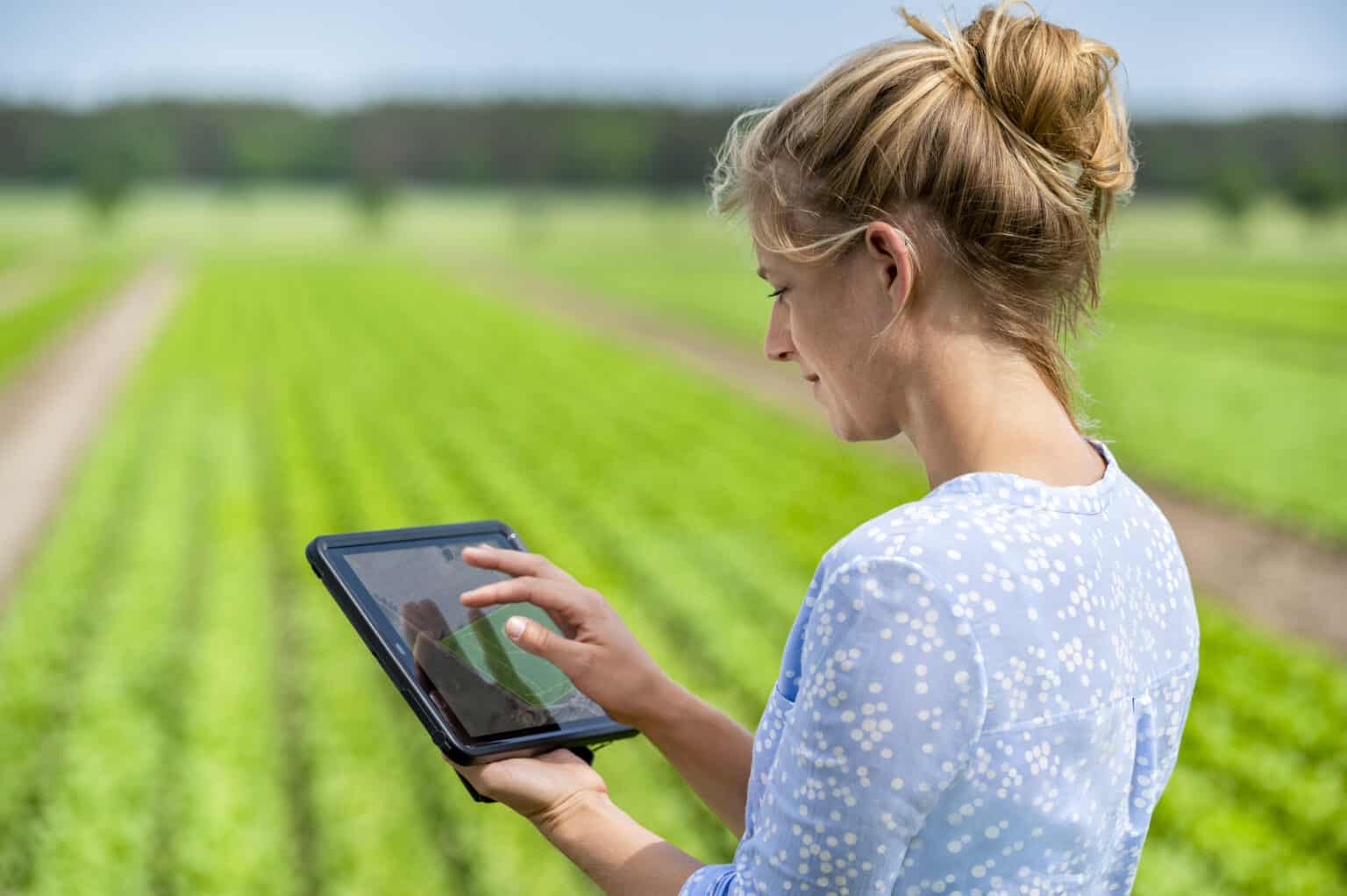The Rewards of Vegetable Gardening
If you value to possess fresh produces from the summer and spring, you should think of making a home vegetable garden. Growing a vegetable garden is a fun and healthy hobby that you can do well at.

While gardening, you could find that the troubles and stresses throughout the day simply float away. Home vegetable gardening relieves stress and allows you to be out in the sunshine. Vegetable gardening is shown to lower blood pressure level and remove the mind. Also, the action of nurturing plants and watching them grow is pretty soothing. And it can look nice too!
The Advantages of Organic Gardening
It can not require a number of chemicals. That is certainly one great aspect of home vegetable gardening. Therefore, home vegetable gardening enables you to have more natural, juicy, and healthier vegetables which can be also better for your environment. Using plenty of chemicals on vegetables is not merely unhealthy for you, but also requires a large toll around the environment. Growing your very own vegetable garden and ultizing less chemicals yields natural food.
Organic vegetables will always be the ideal-tasting since they is definitely not picked until they may be completely ripe and you are prepared to pick them. Another pro of growing your own personal organic vegetable garden is the fact that it will save you money. Instead of buying your entire organic vegetables at the shop, you will have your own personal variety of vegetables readily available without notice them.
Anyone can produce a home vegetable garden. You may create an outdoors vegetable garden within the solid ground, so long as you have dirt somewhere. Even though you don’t use a plot of dirt, you can get a couple of pots and make up a container garden.
Vegetable Gardening on Solid Ground
Should keep in mind these simple thoughts, before you start your vegetable garden: , and soil.size and site
First, of most, we’ll discuss the spot. You must plot the garden inside an area with lots of shade and sufficient drainage. You must nurture your plants by putting them inside a place that receives about 6 hours of sunlight on a daily basis. The normal is 6 hours per day, though every plant is different and needs a different amount of light.
Therefore, will not plot a garden within a shady place! Also, be sure that your garden has adequate draining. When you place the garden in the bottom of the hill, water will flood your plants during the wet season; it is a common mistake that a great many beginning planters make. You will stop your vegetables from drowning, by locating your gardens clear of bottoms of hills along with other spots where water is probably going to collect!
Second, of all the, let’s speak about size. You should choose how big you would like your garden being initially. Remember that you need to get started small, and expand later; otherwise the actual size of the garden may overwhelm you. I suggest beginning using a garden space of 25 square feet or less. As soon as you have the hang than it, it is possible to expand your vegetable garden all the as you would like.
Third, let’s speak about soil. Soil is probably the most critical areas of gardening, so it is essential to get good soil to make a good garden. The most effective kind of soil is slightly simple and loose to till. Therefore, avoid soil that may be hard-packed. Should your yard lacks a great deal of good soil in it, it is possible to fix this concern through the use of mulch or compost in your garden. Alternatively you can get good soil from your local nursery.
Mulch is normally an organic covering, such as straw, leaves, compost, or peat that you could cover your garden with to enrich the soil, prevent weed growth, and stop excessive evaporation water. Compost consists of any organic particle, such as dead leaves, manure, or (most frequently) kitchen scraps. People put compost with their yards to improve the soil and provide nutrients for plants. Composting kills two birds with one stone; it is ideal for your cuts and garden upon your trash.
And soil of your garden, you will find a booming vegetable garden quickly, if you address thesize and location. Also, many of these tips may also help those of you who choose to experience a container vegetable garden.
Vegetable Gardening in Containers
Container gardening is the perfect sort of gardening for many people. Should you not have a very good plot of land to garden on, container gardening is your best option. This is basically the most practical strategy to garden for individuals not fortunate enough to have large plots of soiled land to garden on.
There are several pros to container gardening. You can place your plants wherever you desire: with your living room area, on your patio, etc., to enable you to add color and radiance wherever you wish. With container gardening, you can easily place plants wherever they receive the best growing conditions. Another pro is you will probably have fewer pests eating your plants if they are in containers as an alternative to in the earth.
Although nearly every plant will grow just fine inside a container, there are a few that grow exceptionally well in containers. These are generally: salad eggplant, spinach, greens and tomatoes Swiss chard, peppers, radish and beets and bush beans.
The Love of Vegetable Gardening
Less stressed, and produces delicious vegetables so that you can eat, vegetable gardening is very rewarding since it making you feel much better. You’ll love to experience a garden vegetable of your to often and eat from if you want the fresh vegetables at farmer’s market.
For additional information about consulting company for outdoor vegetable growing in Germany and Spain go to this popular web portal
